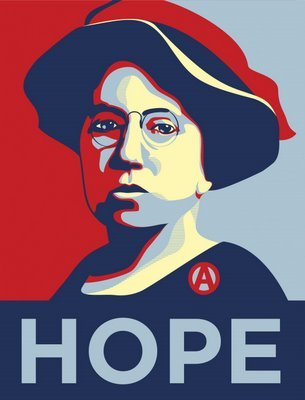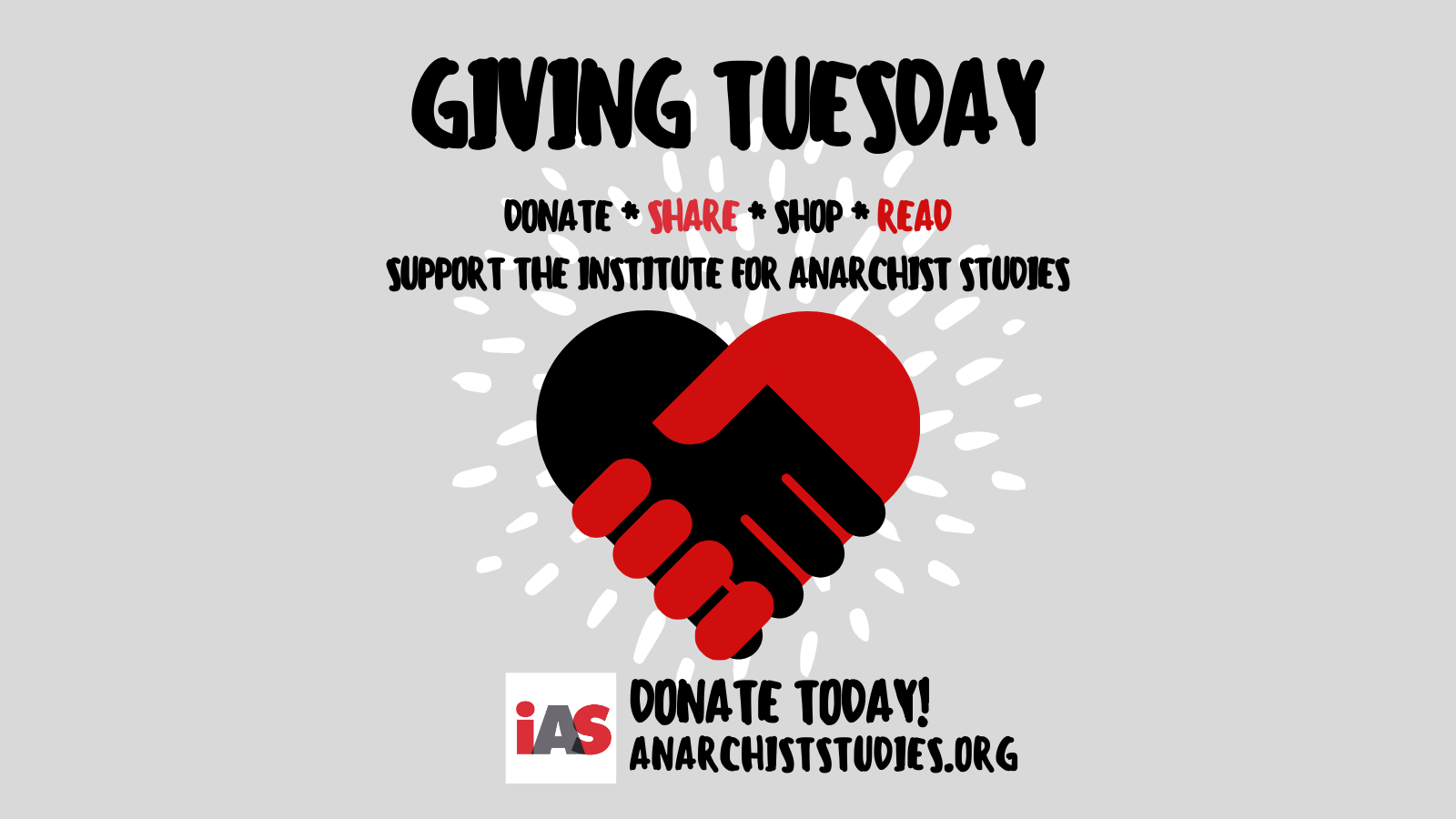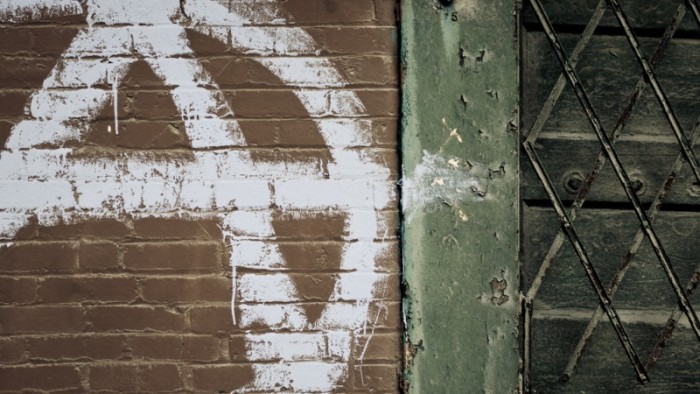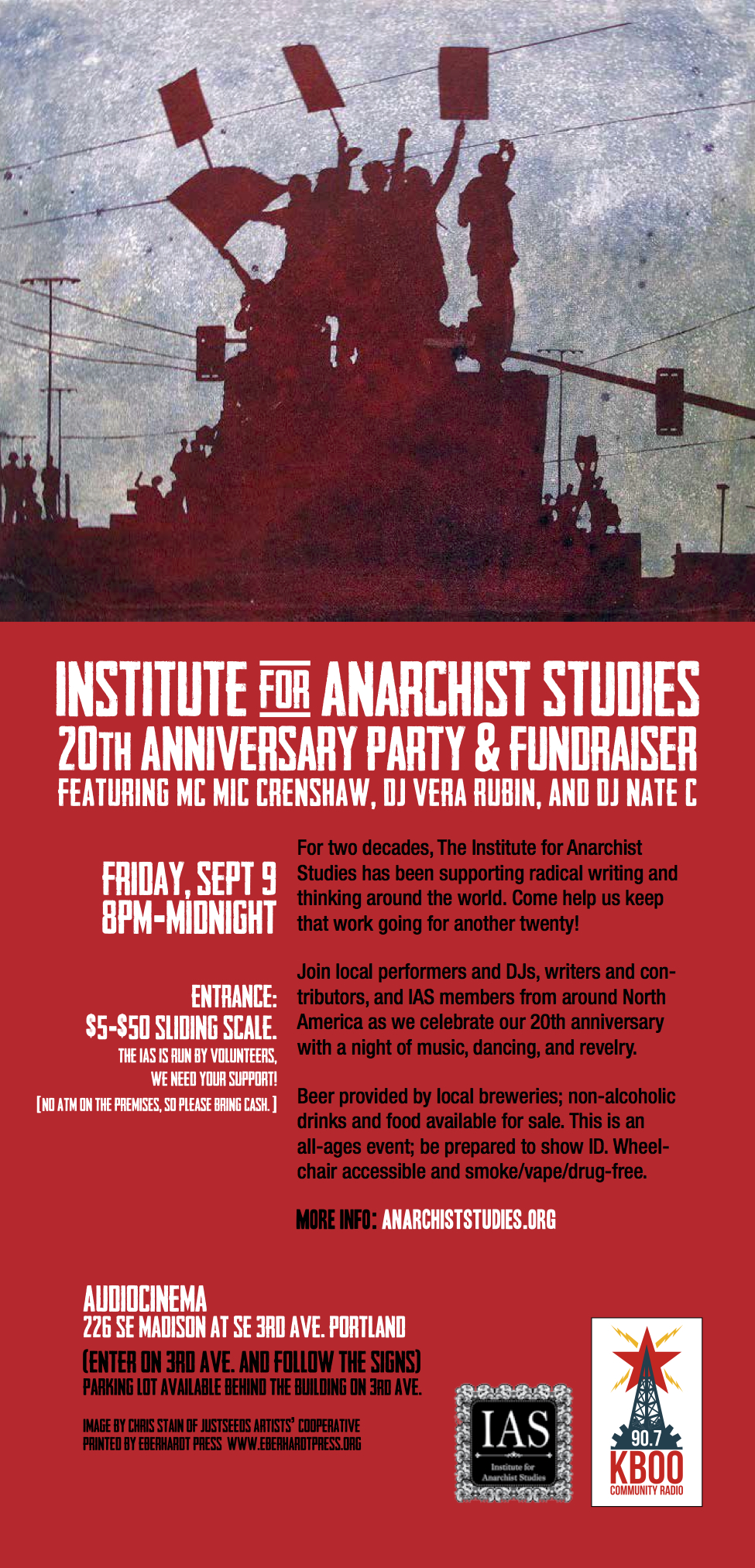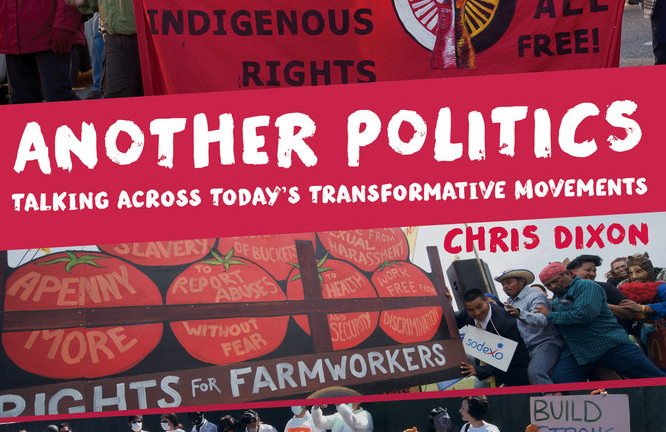 New IAS Grants The IAS is proud to congratulate our latest round of grantees.
New IAS Grants The IAS is proud to congratulate our latest round of grantees.
Laura Hall Laura Hall’s background is Mohawk and English-Canadian. Her work explores decolonizing and Indigenist approaches to environmentally sustainable community planning, while gendering the work in order to focus on the issues of Indigenous women as well as two-spirited peoples. She is a PhD candidate in Environmental Studies at York University.
Her project is called “Eco-Queer Indigenous Feminism” I name my approach according to my own experiential, embodied and intersectional lived experience, but also as a way of representing the depth of Indigenist and decolonizing theory. In grounded, embodied, intersectional movements and story, Indigenous Eco-Queer feminist analysis is forming against a number of pressing issues— opposing oil and natural gas development for example and also ongoing housing/poverty needs, the likes of which are being addressed in our Indigenous communities in creatively culturally rooted ways. I would like to draw connections between our movements and anarchist-socialist discourses, while also lending a (Haudenosaunee) Indigenist analysis of the state’s relationship to hegemonic theory and treaty understandings (at two extremes) in order to better understand ways that we might unthink the state, rethink the state, or dream new/old governance in the spirit of treaty based responsibility (as both Indigenous and ally/accomplice groups).
E Ornelas E Ornelas is a queer and genderqueer identified anarcha-feminist of mixed ethnic background who is an English-as-first-language, US citizen living in a colonized land. E’s research interests include the intersections of anarchist and feminist theory, particularly in educational contexts. When E is not facilitating both formal and informal discussions on these topics, E enjoys biking and baking.
E’s project is called “Purple & Black: An Anthology of Anarcha-Feminist Theory & Action” This is meant to provide a review and synthesis of anarcha-feminism while moving conversations about anarcha-feminism beyond past authors’ attempts at defining and defending it within anarchism, to a compiled recognition and celebration of its achievements and contributions. My approach is to examine and annotate pertinent anarcha-feminist cultural artifacts, whether textual, artistic, oratory, etc. Though I am influenced by previous anarcha-feminist publications, I also wish to expand their reach beyond a predominantly white, western, and/or predominantly English-speaking sampling of theory and action.
Jack McGinn Jack McGinn has long been involved in activism and international solidarity related to the Palestinian cause, having worked with Students for Justice in Palestine for six years, translating and distributing dispatches from activists based in Palestine, and writing for an online audience on related matters. He lives in Northern Ireland.
His project is called “Anarchist Trends in the Organizational Methods Underpinning the First Palestinian Intifada” Palestine remains a well-examined and critical point of focus for the international anti-hierarchical Left, situated as it is at the intersection of imperialist, capitalist, and neocolonical power. However, research into how specifically anti-hierarchical thought and practices play a role in the (multi-faceted) Palestinian resistance is lacking and in many cases is nonexistent. A pertinent example is the first intifada; a remarkable example of a decentralized and subaltern-led campaign of sustained resistance. Work has been done on the Israeli Anarchists Against the Wall, and a sparse amount of research on the dynamics of queer resistance against patriarchy and occupation exists, but there is as yet no study (in Arabic or English) like that of Sam Dolgoff’s edited collection of essays on the anarchist collectives in revolutionary Spain, for example. This piece looks to fill that void.
Read more
